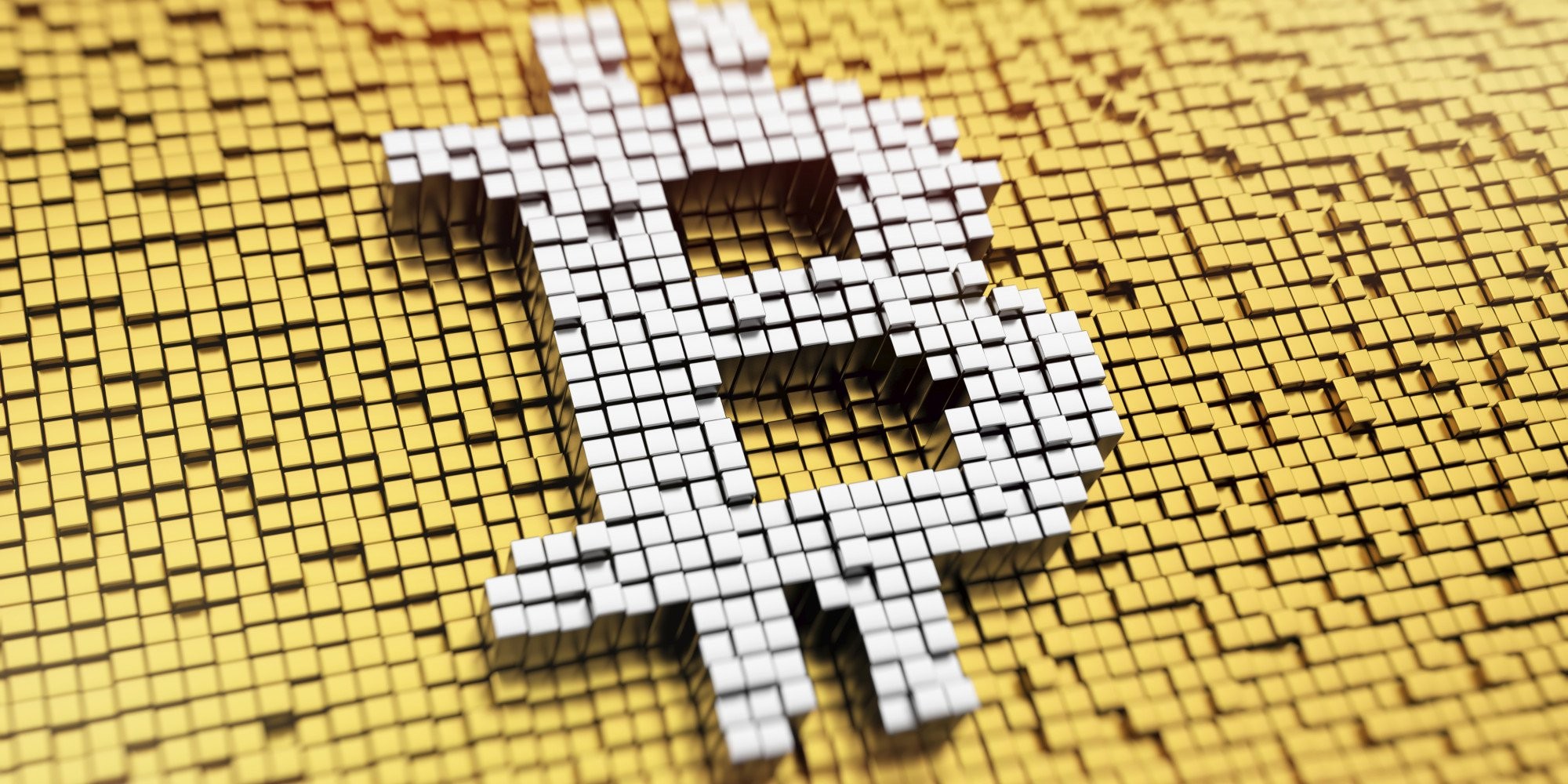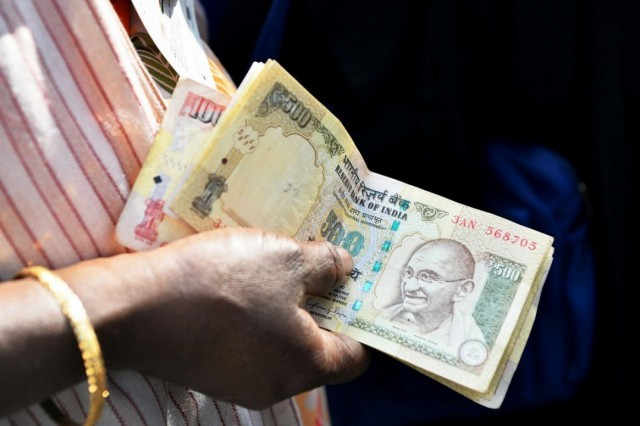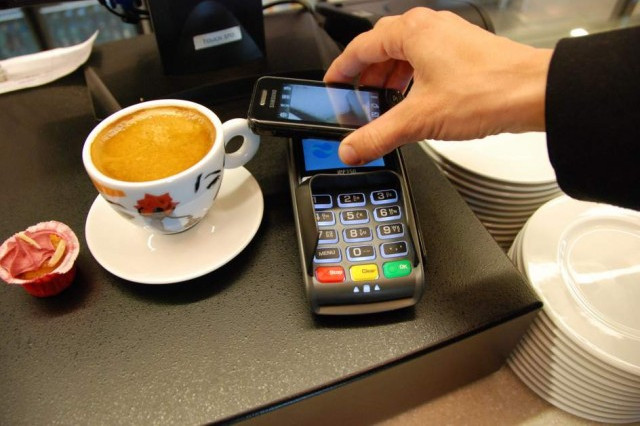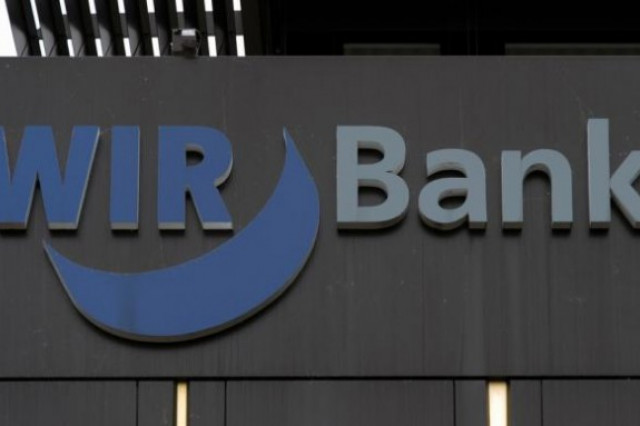
Risks and advantages of Bitcoin: the disruptive currency that rethinks the monetary system
Juan Francisco Jiménez Jacinto
Some consider it a criminal currency that facilitates the black market and cybercrime; others see in it the money revolution outside the control of governments and power groups. What lies behind this fashionable cryptocurrency?

The way we have to relate to money has varied substantially over the centuries since the distant emergence of barter in the Neolithic. With the advent of the Internet, the foreign exchange market could not remain oblivious to a digital context that engulfs everything.
In this sense, different initiatives have been taken to conceive a native digital currency that lives up to the demands of the world wide web. In 1996 it was E-gold, Liberty appeared in 2006, and today Litecoin, Peercoin, Dogecoin, Namecoin and Quark co-exist with greater or lesser success with the currency that has managed to respond to the challenges posed by the digital environment: Bitcoin.
We regularly hear in the media that after hacking attacks often involve this currency. This has caused public opinion to see this crypto-currency with distrust. However, to address the advantages and disadvantages of Bitcoin and digital currency, we need to understand its context and functioning.
Why was Bitcoin created?
The present situation only makes sense if we remember that in 1971 President Richard Nixon broke the rules with which the value of money had been fixed until then. Until that moment, money represented a part of the value of a country referenced in its wealth (gold, silver, and so on). Nixon decided to print more money on top of the value of the wealth in the country in question, the United States. The excuse: reactivate the economy. On one hand, this decision effectively stimulated the US economy, but on the other hand, devalued the dollar. The significant thing about this situation was that it marked a before and after and opened the door for the value of money to be subject to extra-economic decisions. since then, the agencies that regulate the value of money do so from a more arbitrary and unrelated position to the real value of wealth represented by a given currency.
The agencies that regulate the value of money do so from a more arbitrary and unrelated position to the real value of wealth represented by a given currency
Bitcoin originated in 2009 from an academic article published under the pseudonym of Satoshi Nakamoto. This text solves a historical problem in computer security and cryptography: how to certify a transaction between two people without needing a third party to arbitrate.
In this way, Nakamoto and Bitcoin attempted to change the rules of the game so that the money was no longer controlled exclusively by governments. It intended to return its real value to money to that users could use a currency whose value was not controlled by other interests, whose intentions were not always to maintain a stable and predictable system money circulation.
This is the key to understanding cryptones. Bitcoin intends to be the Internet of money, a low-cost system where anyone can collect or pay without having a bank or a country intervene.
What marks the value of Bitcoin is exclusively the people and their trust in it. By being decentralised, intermediaries are eliminated, and banks cannot intervene. Transactions are made from person to person and, in addition, the currency works by being open source. As everyone knows what the protocol is, and can access it, corrupting the system is quite difficult, something that contrasts with the current system, where there is practically no clear economic science on how the markets and markets work, or on what basis governments make decisions regarding their currencies.
At present, transfers with a given currency can be done if you have the approval of the government that controls it. This opens the door to censoring particular people. There are examples of this. In 2012, WikiLeaks founder Julian Assagne sought asylum in the Ecuadorian embassy in London over judicial problems. He then began a fund-raising campaign to pay their lawyers and their costs. At that moment the US Government, fearing the donations, agreed with VISA to veto these transactions. This resulted in the publisher of the leak portal not getting this money, and having their accounts blocked. The Bitcoin system, being decentralised, avoids this type of situation in which a transfer that conflicts with the politics of a given country can be censored by that same country.
However, the irregularity of the current system does not end there. Users of a currency are subject to changes in the value of their money if a government decides to eliminate the currency in favour a new one, to renew legal tender currencies for others, to limit access to savings through freezing deposits or to remove value from a currency by devaluing it.
A paradigm shift: crypto-currencies
Bitcoin arrived to solve the numerous problems of the traditional system of currency. Peer-to-Peer (P2P) sharing is one of the solutions of the Bitcoin system and was the solution found to strengthen the credibility of the currency and its transfers without the need for a third party to arbitrate the transfer. On the other hand, the system keeps a historical file of the transactions made with the money on numerous users' computer at the same time. This system of protection is practically unbreakable, and no-one can eliminate this registry on Internet unless they are able to get the whole world to agree to eliminate it. This information chain is not shared on one particular computer, but rather divided up and distributed. This way it is more difficult to be eliminate or manipulate. This system is called Blockchain, and hacking it is practically impossible because as it is delocalized, it is more complex to attack all existing nodes. By contrast, VISA, for example, can make a transaction its system disappear: with Bitcoin this is practically impossible, thanks to the Blockchain system.

Another aspect that constitutes an advantage for the stability of the currency is that the number of Bitcoins is limited. The maximum number of Bitcoins in the future will be 21 million, and it will be in the future, because it is a currency that is still being created. This process is called mining: people or organisations, through their computers, solve codes proposed by the system itself to release Bitcoins that are distributed among the people who were doing mining for the system. This system is built to give real value to the Bitcoins: the expenditure of computers and electricity that has been spent on creating a certain number of Bitcoins is divided among that number of Bitcoins and results in the approximate value of a Bitcoin. This value in turn is also subject to the financial logic of the fluctuation of supply and demand. Therefore Bitcoins are not created as such, rather deciphered through the solution of algorithms.
In addition, these algorithms are becoming more complex and it takes increasingly longer to solve them, this way, less and less Bitcoins are generated on an asymptotic curve that tends to reach 21 million Bitcoins at most. We expect that we will be close to that figure in about 120 years. This means that the value of Bitcoin is fairly safe and constant in the market and guarantees that nobody will be able to influence them, which is one of the objectives of the development of the cryptocurrencies: their independence.
Their ease of use is another feature. Anyone can use Bitcoins and do so anonymously. They are used through specialized applications to make exchanges, purchases, sales and the like. Bitcoins can be obtained by mining or buying them, the second option is the most widespread. Its use is increasingly widespread and it can be used in many digital shops.
Bitcoin has other advantages. One of them is that it serves as a way to get out of a financial system of an economically insecure country. For example, Venezuelan citizens recently opted for Bitcoin to abandon the national currency of a country suffering an extremely vulnerable economic situation. In times of economic instability, Bitcoin can offer stability when facing a quantitative expansion, or if a government decides to print too much money. Other countries, such as India, have been obliged to withdraw a certain amount of notes from circulation due to the introduction of a large number of counterfeit notes. A currency such as the cripto-currency, which does not use physical money, does not suffer from the problem of forgeries. In addition, Bitcoin represents a way to send money to other countries cheaply, something that is a major expense through financial institutions. Another aspect that experts point out as positive for its implementation is that it would facilitate transactions in the Internet market of things and transactions between machines, a reality that is we perceive of being not long away. This is why it is also called programmable money.
In short, if the global economy were to destabilize, crypto-currencies could be a stable response to this eventuality. In addition, Bitcoin forces rethinking money and its future, since it is a currency that responds to the speed and the protection of the user, which has characterized the Internet from the very beginning.
Bitcoin intends to be the Internet of money, a low-cost system where anyone can collect or pay without having a bank or a country intervene
Bitcoin risks
The same advantages of Bitcoin can at the same time be regarded as its greatest weaknesses. Bitcoin is usually linked to widespread controversies because it is a completely free system that cannot be controlled. This characteristic is not to the liking of the established economic powers. When dealing with a free system, it is inevitably used also to for criminal activities. Bitcoin is simply another currency, another way of interpreting a financial system and another way of managing the value of money and doing things differently than we have done so far.
It does not increase illegal activities, although it facilitates them by alowing them to capitalizes on it. Although Bitcoin did not invented financial crime, it provides another possible system to carry it out, but with some advantages for the offender: mainly anonymity and offshoring. If Bitcoin were to become widespread in world markets, most of the money flow would be beyond the control of countries and authorities. Following a money trail is an effective way that state police forces use to prosecute financial crimes. If these tracks are erased, the crime becomes virtually undetectable.
On the other hand, the Bitcoin still has undefined challenges to face. At the end of the day, what gives a currency value is the confidence that potential users have in it. In short, a monetary system is a convention accepted by a community to exchange a certain value in the form of transactions. Without trust, this system cannot be built. Bitcoin is currently building trust in it, but although it is a currency that accumulates 200,000 transactions a day (most companies), it has not yet conquered the confidence of the person in the street. The fact that it is independent of government agencies causes consumers to still not understand who or what supports the value of this currency.
In this sense, another aspect linked to distrust in Bitcoin is volatility. Currently, Bitcoin shows some stability in the fluctuation of its exchange rate, but it is not exempt from the law of supply and demand. At times, this fact has caused severe fluctuations, which does not help its acceptance. These fluctuations occur for a variety of reasons. One is that new cryptocurrencies continue to appear, and we are still not sure which will grow with greater force, or if finally Bitcoin will be the chosen one. On the other hand, there have been circumstances in which, for example, Chinese investors bought large quantities of Bitcoins and then stop investing after a rumour that China would be preparing a regulation that would make them illegal.
Bitcoin is simply another currency, another way of interpreting a financial system and another way of managing the value of money and doing things differently than we have done so far
Every time one of the powers-that-be talks about regulating Bitcoin, the currency's value is affected but then stabilises again. And if a currency cannot be bought or sold using other currencies, such as the dollar or the Euro, it is no longer attractive. If the major world powers all agreed to outlaw the Bitcoin, users of this currency would have no way to get out of it. This is why, on one hand, Blockchain makes it secure, but, on the other hand, the volatility caused by government decisions external to the currency itself make it exist in an unstable environment.
On the other hand, the Bitcoin system does pose a risk to modern societies as we know them. If this crypto-currency was to replace government-centralized money systems, they would not be able to levy taxes such as VAT or IRPF. In this context, administrations could not guarantee their own livelihood and support for all the public services of a country: health, education, social services, public transport and a long etcetera.
It is likely that governments will end up creating other cryptocurrencies using the Blockchain system so as not to lose control of money and signs are already emerging that administrations are going to shift their regulations in that direction. What is clear is that Bitcoin can be a model of monetary system that serves as an example to future government-operated crypto-currencies. It is difficult to anticipate what might happen in this economic system in the future. However, it has already raised expectations so high as when the personal computer and Internet appeared. The future of Bitcoin is in the hands of many variables, but mainly in the confidence it can generate in consumers, something that has not yet happened.








